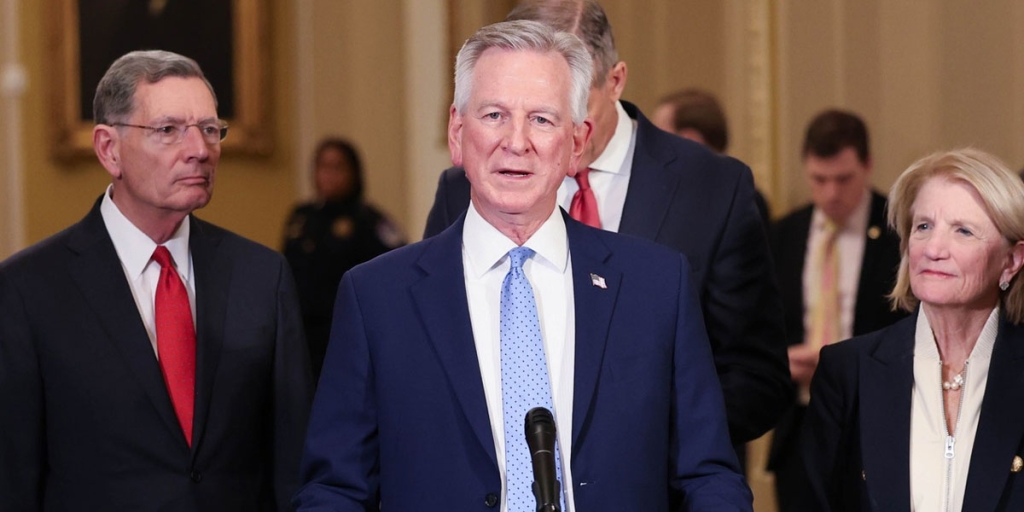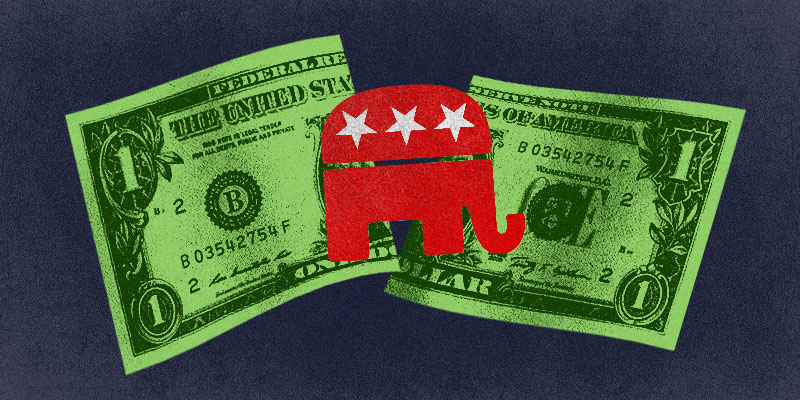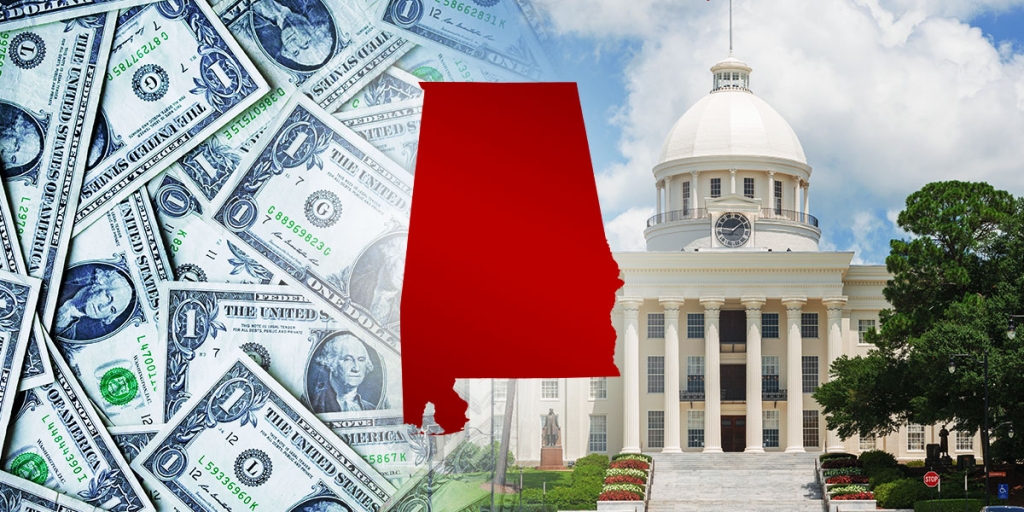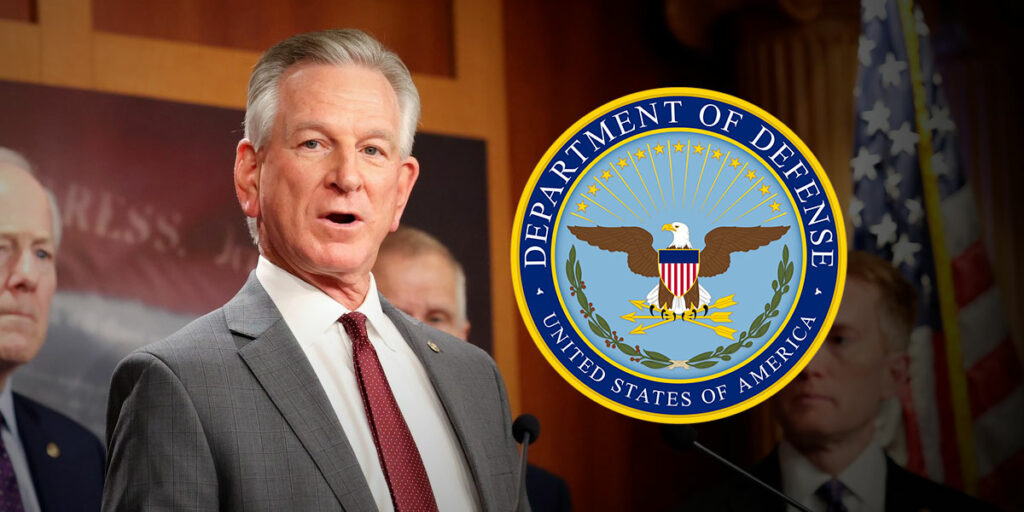In a recent interview, Alabama Attorney General Steve Marshall explained why he’s constantly suing the Biden administration.
“When we see … the paychecks of Alabamians impaired as a result of what goes on in D.C., then I think that we have an obligation to act,” he said. “And so sometimes people want to just default and go, ‘That’s Steve Marshall just being political.’ Well, dig a little deeper. Sometimes people need to actually … examine the impact [on] people in our state.”
His main example was an electric vehicle mandate that threatened to drive up the prices of gas-powered cars. But Marshall might just as easily have mentioned the administration’s deeply harmful approach to antitrust enforcement, which has grown so overreaching that even the proactive Alabama attorney general hasn’t been able to keep up with it all.
When Lina Khan took over the Federal Trade Commission at the beginning of Biden’s term, she discarded nearly four decades of precedent by abandoning the consumer welfare standard. This standard, economist Veronique de Rugy explains, “ensures that antitrust is used only to prevent businesses from undermining economic competition” and to preserve “a market that drives prices down and product quality up on behalf of us consumers.” In other words, having a large market share is not a problem as long as consumers aren’t harmed.
Khan took a different stance. In a 2016 law review paper, she argued that antitrust policy should aim to “disperse economic and political power.”
Lina Khan’s antitrust philosophy is far too enlightened to consider such things as the convenience and low prices that certain businesses can offer. The downside of this philosophy is that it leads to a lot of losses in court and has contributed to a decline in morale at the FTC. “What am I going to do?” one former official complained to New York Magazine. “Go to court and say, this cement merger threatens democracy’? … The whole approach is so incoherent.”
But the incoherence is the point. By basing her antitrust policy on a vague commitment to “disperse economic power,” Khan can justify suing any successful company she does not like.
Companies become successful by delivering value to consumers. And there is no quicker way for regulators to harm those consumers than by targeting successful businesses just because they are successful.
That is exactly why Marshall continues to challenge the Biden administration’s decisions.
He said he reviews its actions through asking himself a series of questions: “Number one, does the federal action impact the people of Alabama adversely? Does it impact our economy in an adverse way? And third, does it violate the rule of law? In each of those settings, if that criteria is met, then we have the obligation to consider whether or not we take action to be able to move forward.
In a state like Alabama, where over 40% of households struggle reported having at least some difficulty covering expenses over the last seven days, that is exactly the way he should consider looking at these Biden administration policies, particularly those made at the FTC, which are all too often based on misguided ideals.
Unfortunately, Khan’s approach seems to have spread beyond the FTC.
For example, Biden’s Department of Justice is currently suing Visa with little justification other than the company’s large share of the debit card market. The thing is that Visa is not the only way to pay for stuff, of course. In fact, over the past decade or so, new payment processing entrants like Venmo and CashApp have carved out significant market share without being acquired by larger players. All of these new entrants aren’t the sign of a monopoly, but of a robust, thriving, competitive marketplace.
Adding to the silliness are merger guidelines just announced on Sept. 17 by the FDIC, the Office of the Comptroller of the Currency, and the Justice Department’s antitrust division that have the potential of blocking the proposed tie-up of Capital One and Discover, which could actually form a powerful rival to Visa. These government entities are concerned that the Capital One-Discover merger would create a “bigger” company, but by blocking it, they would tremendously reduce competition in the industry as a whole.
Such are the absurdities that result when regulators abandon the consumer welfare standard, but this era of antitrust overreach has been more tragedy than farce. Biden’s FTC and DOJ have turned efficiency and innovation into dirty words. By punishing success, they risk making everyday goods and services less affordable for working people.
And in Alabama, a state that still tops the nation when it comes to economic distress, that’s a consequence that can’t be tolerated.
We thank Attorney General Marshall for taking his job so seriously and not being afraid to do what is hard.
Nicolas Ziebarth is the Ekeland and Hebert Professor of Economics at Auburn University













